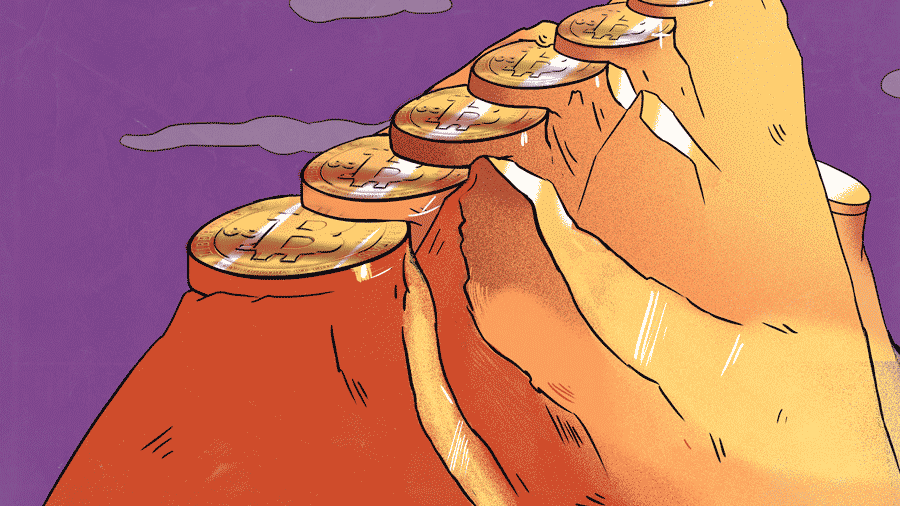Bitcoin has been in the news more than ever as the price of the first-ever cryptocurrency has surged in the last six months.
Each attempt to solve the equation is called a “hash,” and the overall activity on the network is referred to as “hash rate.” The miner who eventually solves the equation is rewarded with new bitcoin.
However, unlike banks and fiat currencies, there is a cap on the total amount of bitcoin that will ever exist: 21 million.
Currently, a new block is created about every 10 minutes, meaning around 900 BTC are allocated every day.
The most obvious benefit to investing in mining is the constant stream of bitcoin being generated, regardless of price.
Miners, however, are shielded from price fluctuations by the consistent influx of bitcoin at market value, which is a solid addition to any portfolio.
Traditional bitcoin mining operations involve significant capital expenditures like mining hardware and storage facilities that keep the hardware running smoothly.
With such high up-front investment costs, some investors have sought out mining pools where groups of miners pool their collective hashrates digitally to increase profits.
Because of the constant changes in technology and efficiency, some companies have sought to standardize mining hashrates based on the computing power of specific units.
A newer form of mining investment is through indirect participation in mining companies, or mining equity.
Other companies, seeking to maintain the benefits of standardization and persistence for investors, have offered standardized hashrate tokens.
Prior to Apifiny, Haohan was an active investor in equities markets and a trader in digital asset markets.
